6 most important types of play to your child’s development

Play is essential for a healthy and happy children’s development. It helps kids to develop a wide range of skills and understandings. Playing, children reflect what is important in their lives.
Play can take several forms and it changes as children grow older. It could be indoors or outdoors, quiet or loud, clean or messy, funny or thoughtful.
Children play for different reasons. They can explore to learn new things or it can be to consolidate or improve a skill.
Sometimes play can be a way of developing social skills. Kids bring their own experiences and beliefs to their own play.
Swiss psychologist Jean Piaget was one of the pioneers on child development. He found that kids learn step by step through experimenting and interacting with the world around them. In other words, kids learn through hands on play.
Piaget demonstrated that human mind is not capable of abstract and logic thinking before 12 years of age.
Before exploring the types of play it is important to understand how play evolves during your child’s early years.
Four Stages of Cognitive Development
Piaget’s research suggests that during each stage of development a different type of play prevails.
Also, that once the child discovers the new type of play, the others don’t disappear. On the contrary, they develop to support the new type discovered by the child.
“Children play for different reasons. They can play to learn new things or to improve a skill.”
Sensory motor stage -birth to 2 years
During this stage the Babies are aware only of their own needs and sensations, captivated by all new experiences their bodies are having. Exploratory play dominates along this stage.
Pre-operational Stage – 2 years to 7 years
Processing images, words and concepts is one of the things toddlers can do during this stage. But they can’t do anything with them, as they can’t yet control them. Pretend play is part of this stage.
Concrete operational – 7 years to 12 years
At this stage children are able to develop logical thought about an object, but only if they can manipulate it. Games with rules dominate this years of child development.
Formal operations – 12 and up
From here on children are capable to think in abstract terms about the world around them. Concepts such as the future, justice and values are easily understood.
Types of Play
1 Exploratory Play
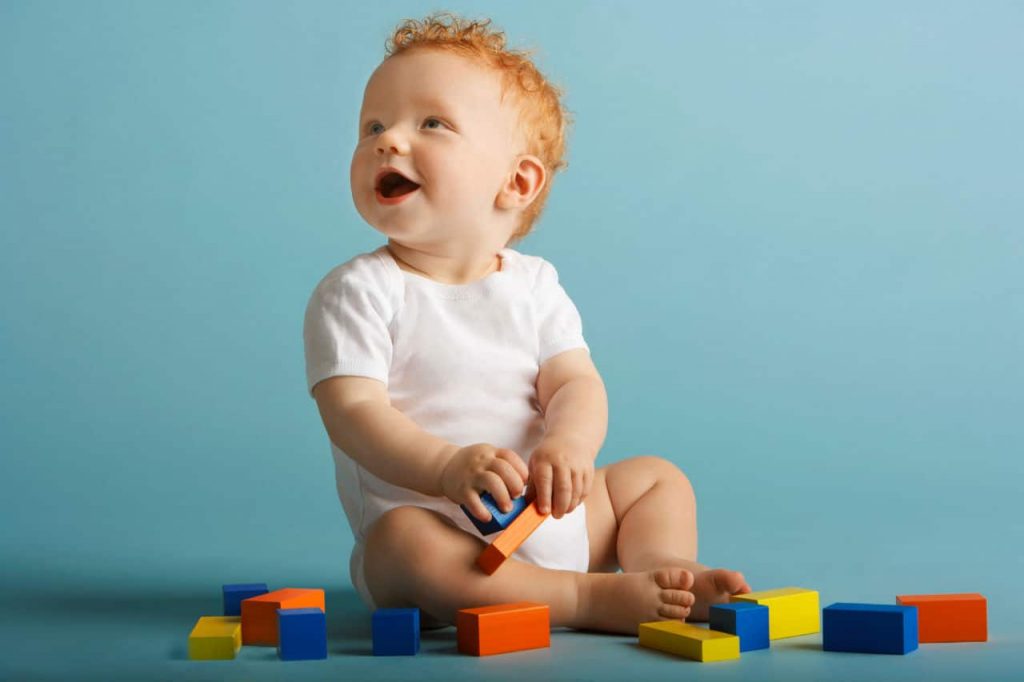
Is the kind of play when children use their touch, smell and taste senses to explore and learn about the texture and function of the world around them.
It starts when the baby is aware of objects over their heads and they reach out to examine what it is. Children gain control over their gross motor skills before fine tuning their fine motor skills.
It is highly physical in the early stages as babies use all their bodies for exploration. Babies explore their own bodies first and then they learn about their environment.
2 Manipulative Play
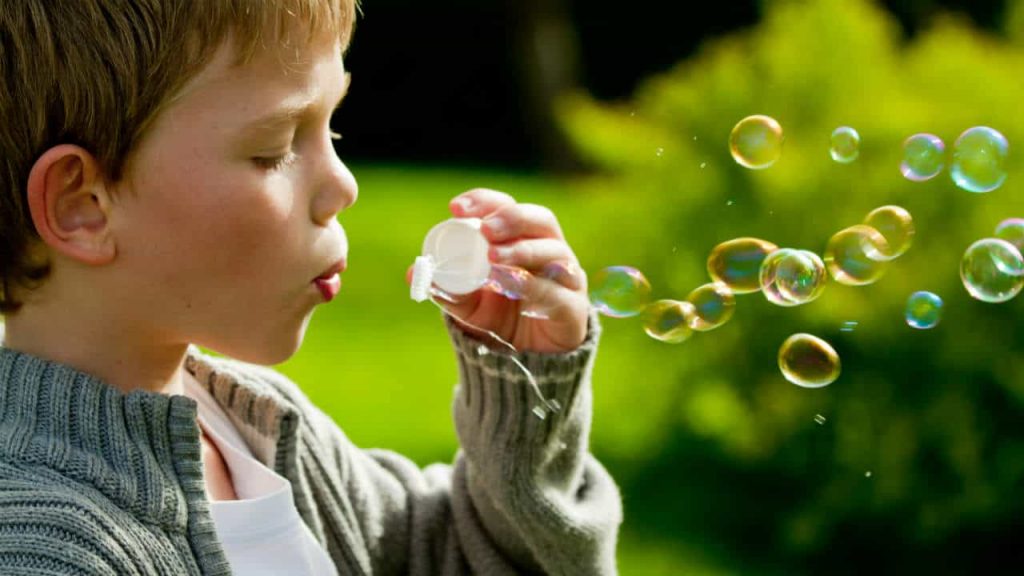
It is the type used to refine motor skills. It enhances hand-eye coordination and physical dexterity. It includes manipulating different objects, materials and textures.
3 Pretend Play

This type of play is all about kids imagination. It includes pretend, dramatic, make-believe, role and fantasy play.
Pretend play includes playing with props (objects), actions and situations. As kids grow older their pretend play becomes more complex.
Children leverage on their growing language skills to transition from concrete to abstract thinking. They create fabulous stories and wonderful scenarios. Children role play occupations and experiences they hear from grown-ups.
Pretend play helps children developing language, motor, emotional and physiological skills. Check out our blog post about role play benefits here.
4 Creative Play
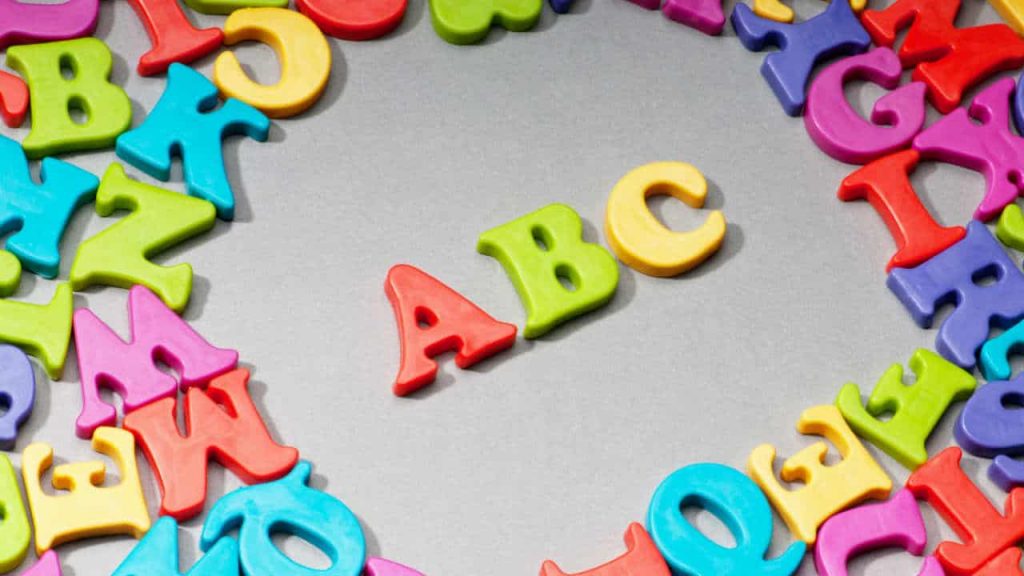
Consist of kids exploring and using their physiques and materials (recycled materials, clay, etc) to create and make things. They also share their feelings, ideas and thoughts by creating stuff. Creative play helps to satisfy children’s need for self-expression and helps them to develop manual skills.
If you want to be creative, stay in part a child, with the creativity and invention that characterizes children before they are deformed by adult society. – Jean Piaget
5 Games with Rules
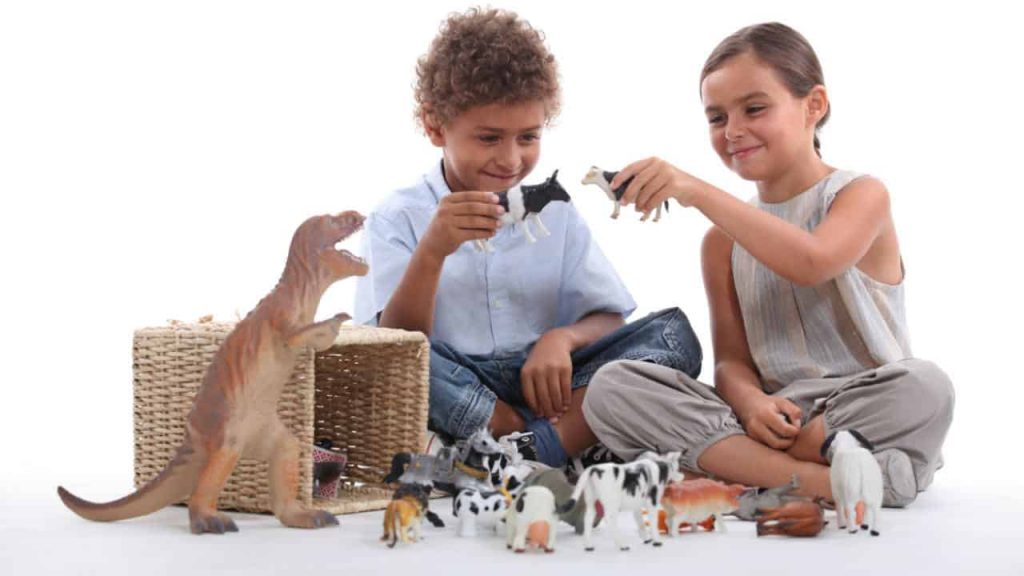
Children follow or create rules to reach a shared objective in a game. Concepts like turn taking are reinforced by this type of play. At young age children play by their own very flexible rules.
Language skills are a key element of this type of play, as children explain, question and negotiate the rules.
6 Constructive Play
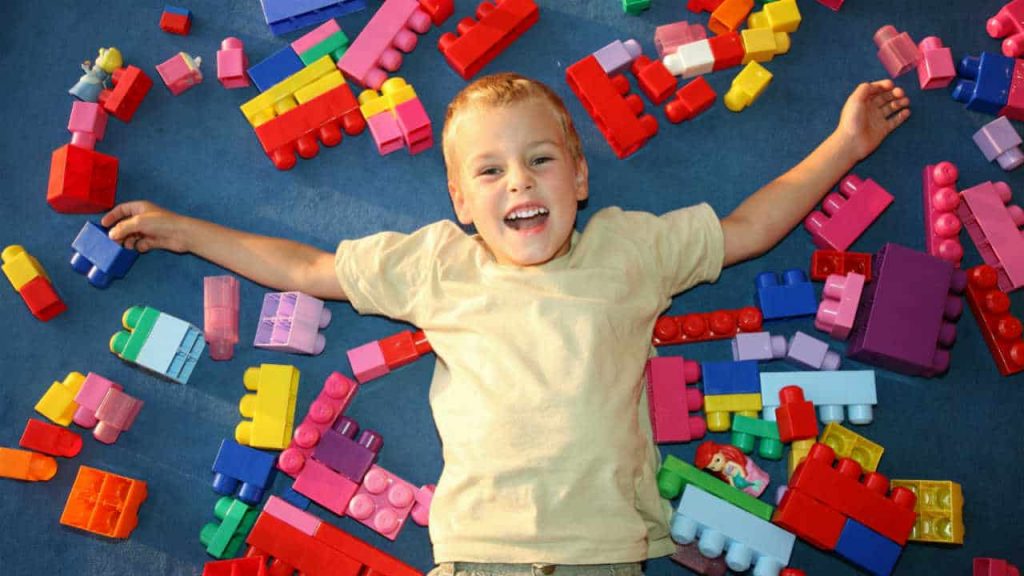
Kids learn about manipulation, building and fitting things together with constructive play. Cognitive skills are important as children are required to figure out how to make something work best.
Constructive play involves building things using natural, recycled or manufactured materials. It becomes more complex as kids aged.
Adults Role
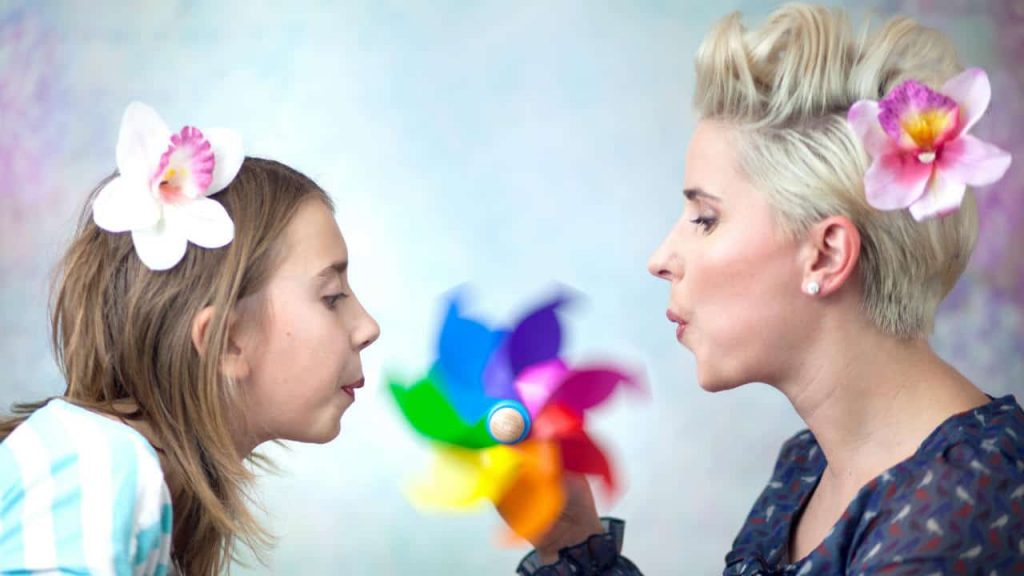
Children require time to develop their play skills. Make sure you provide indoor and outdoor opportunities for your child to play. Also give yourself the opportunity to play with your kids, as they enjoy playing with other children and adults.
Also we need to provide props such as toys, equipment and some real objects to play with.
Your Turn
What types of play do you encourage on your child? What games are your child’s favourites? If you like this article share with your friends using the social media tab below.
